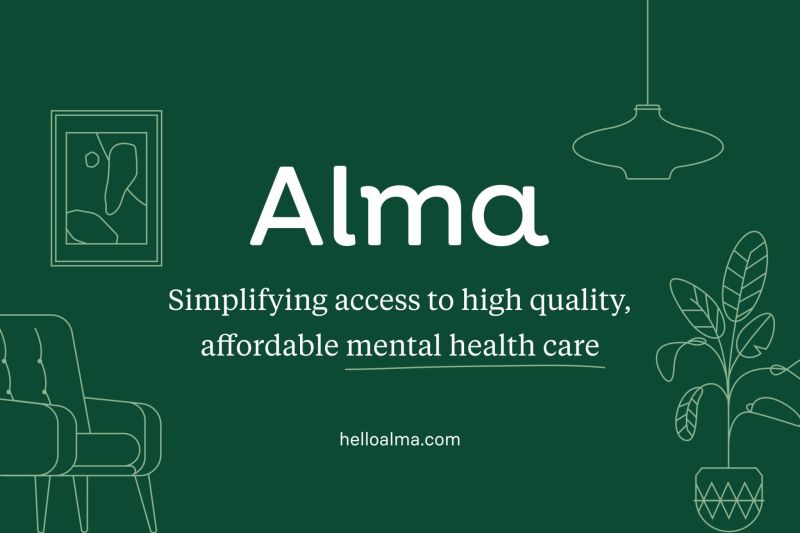Alma, a membership-based network that helps independent mental health care providers build thriving private practices, has officially expanded its electronic health record (EHR) suite with the launch of a new AI-generated progress notes solution called Note Assist. According to certain reports, the stated solution is designed to pack together extensive feedback from therapists, and therefore, enable them to be more present in-sessions and save hours on progress notes, all while consistently meeting clinical best practices. More on the same would reveal how the development in question makes Alma the first company to offer AI and mental health-focused clinical documentation in an integrated practice management solution which spans insurance, billing, and EHR. Powered by AI-native therapy documentation platform named Upheal, the new product is also HIPAA compliant and requires both providers and clients to explicitly opt in before a session begins. Talk about the whole value proposition on a slightly deeper level, we begin from the promise of top-notch security, a promise which translates to how all session recordings and transcripts on Note Assist are automatically deleted after the progress note is generated. Furthermore, session data created on the platform is never used to train its underlying AI model.
Next up, we must get into Note Assist’s provider-autonomy facet which gives providers a chance to review, edit, and add to each progress note as they see fit before saving. Having already referred to its security prospects, we now must turn our attention towards the platform’s efficiency. You see, in an initial pilot run, Note Assist managed to help providers reduce the time spent on writing progress notes by almost 50%, leaving them to focus more on client care and their own mental health. Contextualizing importance of the latter part is a study done by the American Psychological Association where it was discovered that 36% of providers experienced burnout in the year 2023.
“By expanding our EHR offering with AI-generated progress notes, we’re freeing up providers’ time to delve deeper into client sessions, personalize treatment plans, and ultimately improve client outcomes. Today, we’re seeing that over 80% of Alma clients are improving over the course of their care,” said Dr. Harry Ritter, founder and CEO of Alma.
Moving on, another trend we observed during the initial pilot is rooted in Note Assist almost doubling the average length of progress notes. This indicates that notes captured through the solution form a more complete and accurate documentation of the sessions.
Complimenting Note Assist’s technological prowess is Alma’s track record, thus far, in the context of delivering top-notch therapy services. Starting from an expedited access to care, people seeking support can begin their journey with an Alma provider in 3 days on an average. The company’s excellence in what it does can be understood once you consider over 80% of the clients who choose to receive care through Alma have at least three sessions with their provider. On top of that, 80% of clients who start therapy on Alma with symptoms of depression or anxiety have seen meaningful improvements over the course of their journey.
As of today, Alma’s network boasts more 22,000 mental health providers that are licensed to practice in all 50 U.S. states. Markedly enough, 40% of these providers self-identify as Black, Hispanic/Latin, or Asian, whereas 10% self-identify as LGBTQIA+, making sure that the platform remains open to a diverse set of individuals.
“The ability to automate progress notes has changed my entire practice, taking away the stress and pressure I felt to get my notes done within 24 hours and giving me time back to focus on my own wellbeing,” said Dr. Alexis Mercado, LMFT and an Alma member.


